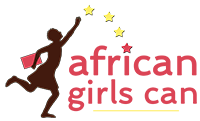Session 4: Positive Role Models
Wednesday, August 19, 2020
During the COVID-19 pandemic, schools throughout Uganda have been closed indefinitely. Students are stuck at home, many with no resources at all to stay connected or continue learning. Community Radio is one of the most effective ways of reaching people in rural areas of developing countries. African Girls Can recommended a three-part program to the local radio station, Q-FM, 94.3 in Lira, which was immediately interested in content to provide hope and encouragement to youth, especially girls.
The first three shows on Jul 8, 22 and Aug 5, 2020 were a huge hit and the radio station asked if we would come back for three more! Absolutely! Not only has it been impactful to reach a wider audience in the community with important ideas about the value of empowered girls, it has been a wonderful growth experience for the now five African Girls Can girls who have come onto the program. They have spoken strongly and confidently and we are so proud of them!
This is the script for the fourth program. It was broadcast (and streamed on the internet) in the local language, Luo, and lasted one hour. Once again, the phones were busy at the show’s conclusion!
Moderator (M)
African Girls Can (AGC)

M: Welcome everyone! Welcome back to Madame Jennifer Nyakober, a math teacher and head of the Career and Counseling Department at St. Katherine School. Jennifer represents the organization African Girls Can. She has brought with her tonight two students who are supported by African Girls Can. Apili Patricia is an A-Level student in Form 6 and Alum Jenet is an O-Level student in Form 4.
Read Jenet’s essay about Michelle Obama.
Madame Jennifer has been on this radio station three times since July 8th and we have replayed all of those programs. We hope you heard our programs on Life Challenges and Resiliency, Advocating for Yourself, and Building your Self-Esteem. This time, we are going to talk about positive Role Models. To help you build your resiliency and confidence, you should find a role model or role models – and you can also be one for someone else. Again, this goes for girls, boys, and people of all ages.
First, please remind us what African Girls Can does.
AGC: African Girls Can was founded in 2016 to promote girls’ education and empowerment. We provide partial scholarships for girls in the Lira area to attend secondary school. These are girls who without this support would have no other opportunity to continue their education. We form a community with these girls and provide activities to help them build their confidence and succeed at school.
M: Thank you. Let’s get started with tonight’s program. Let’s talk about positive role models and why it is important to have them in our lives.
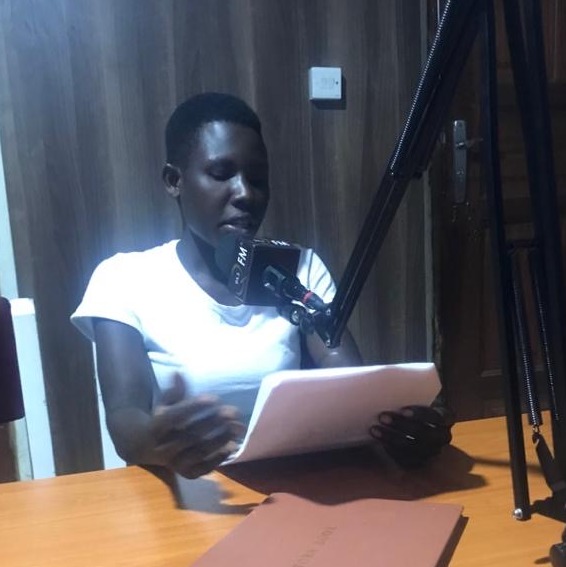 AGC: A girl can have a male role model or a boy can have a female role model. But, especially for girls, having positive female role models to look up to can really help in building a sense of confidence. Seeing other women who have beat odds and achieved their dreams can be very inspiring.
AGC: A girl can have a male role model or a boy can have a female role model. But, especially for girls, having positive female role models to look up to can really help in building a sense of confidence. Seeing other women who have beat odds and achieved their dreams can be very inspiring.
Think about some of the role models in your own lives and even famous people who you look up to.
What qualities do they have that make them stand out?
M: What is a role model?

AGC: A role model is often hard to define, because it can be different for everyone. However, most everyone has a role model in his or her life.
Who your role model is depends as much on you as it does on the person you admire.
Often, it is someone you would like to be like when you get older, or someone who does something you find difficult to do.
They could be a parent, a friend, a teacher, or a sports hero.
They could be someone you read about in a book or have seen on TV or heard on the radio.
They might be somebody who performs outstanding volunteer work.
They might be a community leader.
They might be your teacher.
Maybe they are generous and kind?
Maybe they performed an extraordinary feat or accomplishment?
They might be someone right in your own village, or someone in another country.
Typically, a role model is brave, smart, strong, kind, thoughtful, and fun.
Unless it is someone out of a storybook, role models are imperfect people who might be outstanding in one or two areas.
Or, maybe it is someone who is far less than perfect, but is working to improve him or herself.
M: Do role models need to be famous people, or can they be someone right close to home?
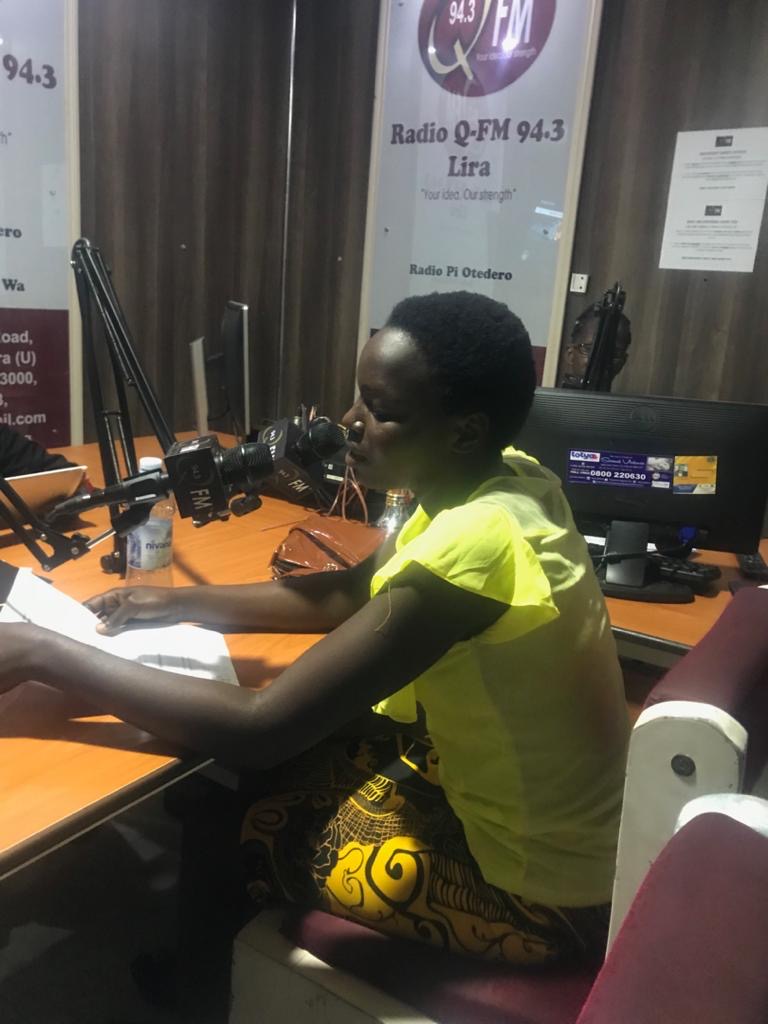 AGC: Well, let’s do a little exercise to answer this question.
AGC: Well, let’s do a little exercise to answer this question.
Think about and write a list of some heroes and role models that you are familiar with, but don’t know personally. These could be government officials, singers, celebrities, or athletes.
Now, think about and write a list of some heroes and role models that you DO know personally, such as family, friends, teachers, or community leaders where you live.
Finally, think about and write a list of the qualities and characteristics that make these people role models. Why do people look up to them, admire them, or follow them?
Were there any differences between the qualities of the role models you know and those you don’t know personally?
You will probably find that there are role models right in front of you.
How about you? Do you think you are a role model for anyone else? How could you be a role model if you wanted to?
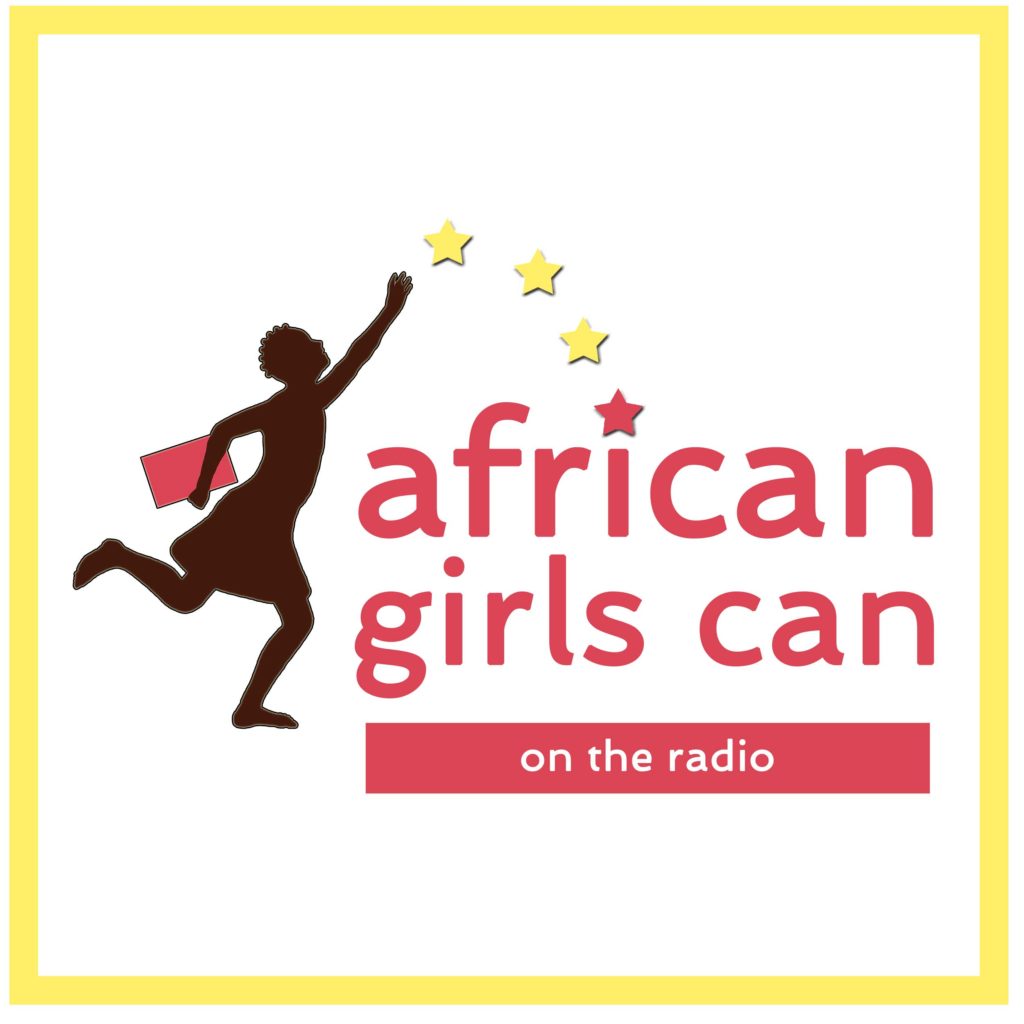 M: Thank you everyone for listening to African Girls Can on the radio and finding positive role models!
M: Thank you everyone for listening to African Girls Can on the radio and finding positive role models!
Please, everyone, stay strong, stay well, stay hopeful!
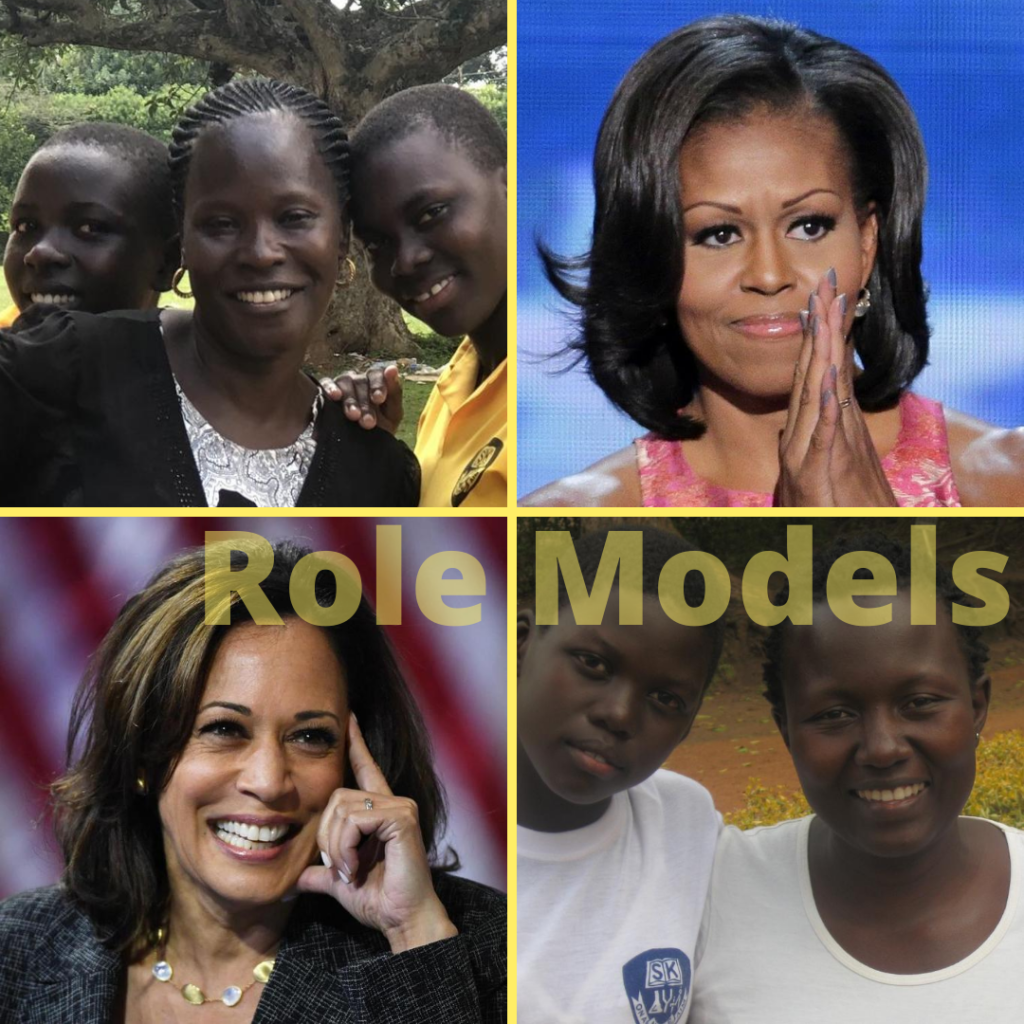
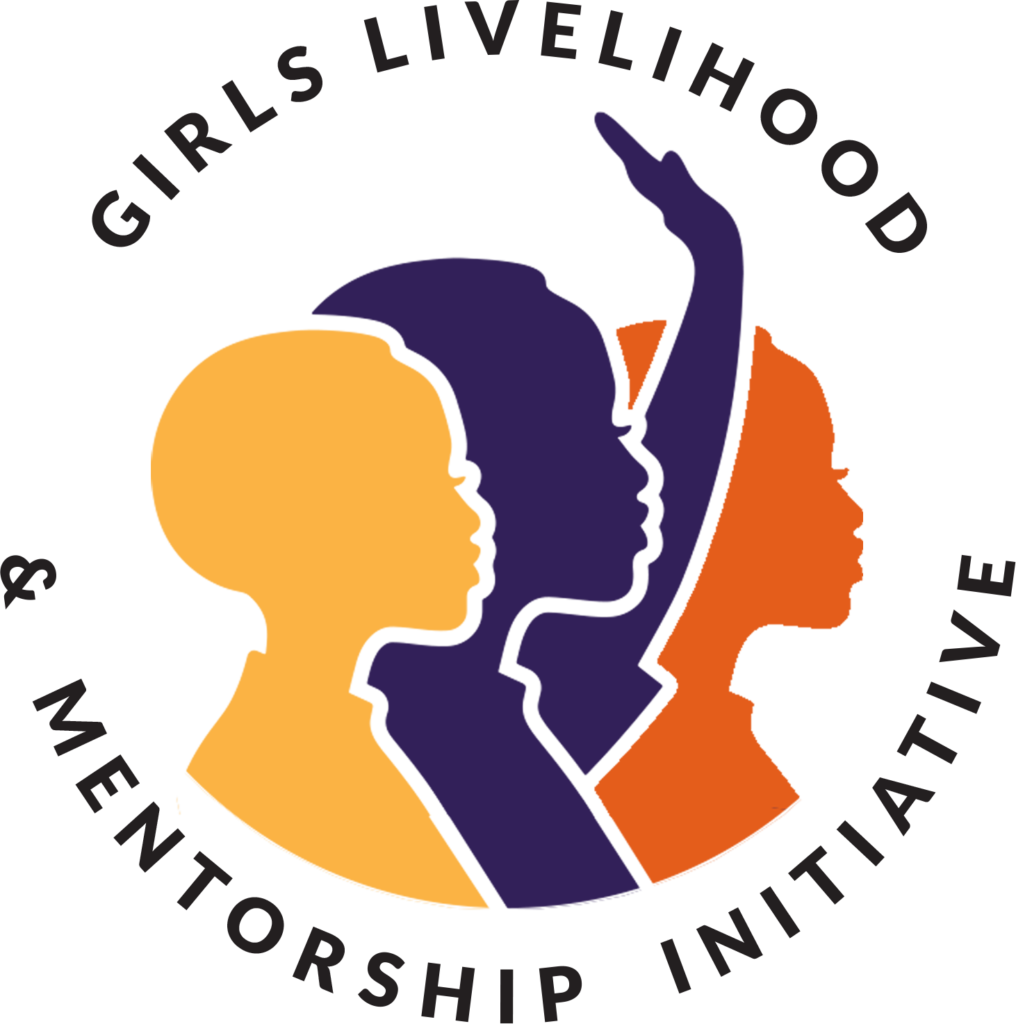 With gratitude to Girls Livelihood and Mentorship Initiative and its Binti Shupavu program for assistance with this content. Binti Shupavu is a four-year life skills course for lower secondary school girls covering topics such as study skills, personal leadership, health and self-confidence with the goal of increasing graduation rates for vulnerable girls.
With gratitude to Girls Livelihood and Mentorship Initiative and its Binti Shupavu program for assistance with this content. Binti Shupavu is a four-year life skills course for lower secondary school girls covering topics such as study skills, personal leadership, health and self-confidence with the goal of increasing graduation rates for vulnerable girls.
